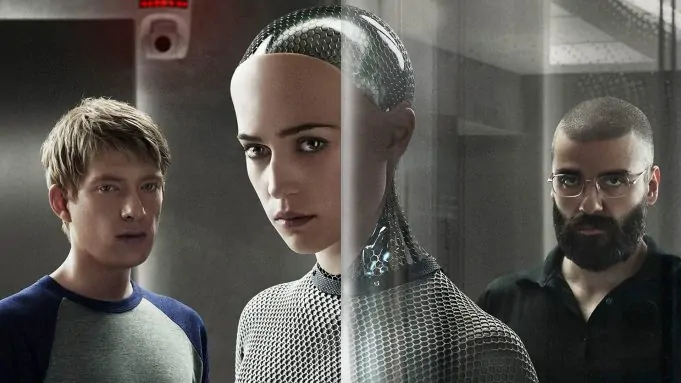“When machines become more intelligent, humans are freed to become more creative. That opens the doors to completely new possibilities.”
In my latest article, over on The Next Web, I propose this theory and argue, perhaps not as dramatically as some, that machines of the future are far more likely to be our “coworkers” and not “overlords”. I get it — this movie isn’t going to work as well as, say, Alex Garland’s superb Ex Machina.
Still, I suggest this future is every bit of as exciting, even if it means we’ll be working side-by-side with machines and robots, innovating, rather than running from them for our lives.
Imagine if machines could take up the slack, and take care of all our mundane chores; all the things that fill up our days and don’t add value, not to our lives, to our communities, and to our families. That newly available time could enable all of us to be more creative, more productive.
VR. Self-driving cars. Cloud computing. Machine learning AI. Drones. IoT and the “Information of Everything”.
It seems we may already be living in the future that many of us have long envisioned.
Now it’s up to us to really push the creative envelope.
You can read my full article “Why machine-learning will enhance, not replace, human creativity” on TNW.
Machine learning that gives us robots that are more Wall-E than Terminator? I’m betting on it.


